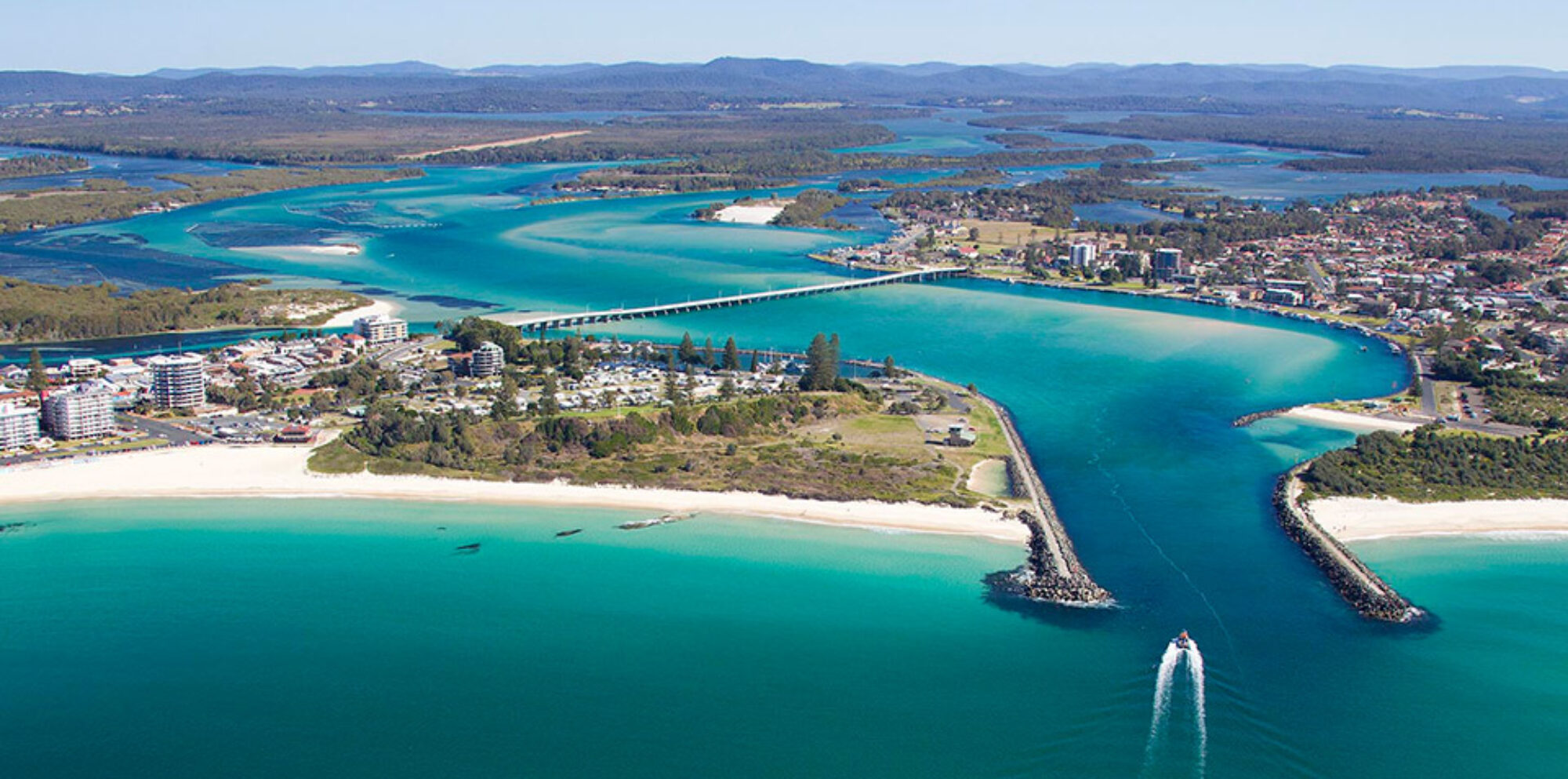In an emergency situation, finding water is a high priority, much more so than finding food. Australia is recognised as being the driest continent on earth. However, Aboriginal people have lived here successfully for thousands of years, developing expertise in sourcing and collecting water. For more information on methods our traditional peoples used, click here.
Understanding some basic techniques to recognise where water may be and sourcing it can mean the difference between surviving an emergency situation or dying. To actually satisfy thirst and replenish the body, it is recommended that having a minimum of 250ml at a time is needed, rather than just sipping water which will not provide enough water to the body to make its way to the cells in the brain and the other organs that need it. However, this may not always be possible so collecting any water in an emergency situation is better than none at all and will at least slow down the rate of dehydration and deterioration until help arrives. Here are some techniques that might save your life.
Solar Stills– Making a solar still can be an effective yet labour intensive way of collecting water. It requires a lot of energy and sweat (loss of water) to gain water. The idea of a solar still is to dig a hole in the ground, fill it with green leaves and branches from surrounding trees and cover it with a plastic sheet. As the temperature inside increases, the leaves will release water as condensation and this will liquify onto the plastic sheet. By placing a stone or soil into the middle of the plastic sheet, the water will funnel down into a waiting bottle or bowl to collect the water. Watch the video below for more details.

Transpiration bag– Another method using the transpiration of leaves is to use a plastic bag such as garbage bag to cover leaves. Again, as the temperature inside the bag heats up, the leaves will release water vapour which will cool and turn into water which is collected in the bag.
Watch the video below to see these methods in operation.
Other, more traditional methods used by Aboriginal people across Australia include collecting water from paperbark trees. Watch the video below for more information.
Sourcing food is not an essential concern when in an emergency situation. We can survive for weeks without food, as uncomfortable as it may feel. Finding food can be an important booster for morale and provide some important energy to assist in making good decisions. Below is a video demonstrating some wild edibles that can be found in the coast around Blackhead Beach, one of the beautiful beaches of the Great Lakes.
